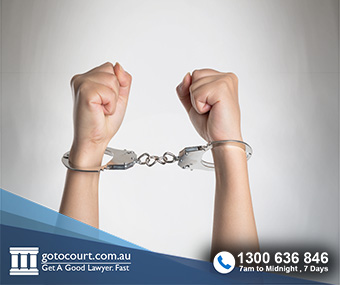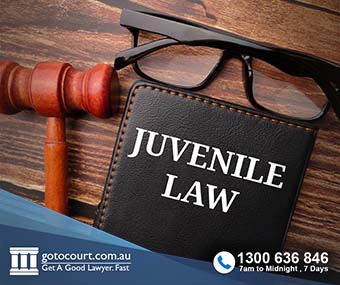Jury Service (Tas)
In Tasmania, some criminal matters and a few civil matters are determined by a jury. The right to trial by a jury is based on the principle that limits should be placed on the power of the state over people’s lives. However, the vast majority of criminal matters in Tasmania are dealt with summarily (in the Magistrates Court) without a jury. Criminal trials in the Supreme Court of Tasmania are generally determined by a jury, while civil trials are only rarely decided by a jury. Juries and jury service in Tasmania are governed by the Juries Act 2003.
What is the role of a jury?
A jury decides questions of fact, while a judge determines questions of law.
In a criminal trial, the jury will decide whether the accused is guilty or not guilty. It will do so after assessing the evidence that has been adduced before the court, hearing submission by defence and prosecution and being given directions by the judge as to how to apply the legal tests.
If the jury finds the accused guilty, the judge will determine the sentence they receive.
Who is eligible for jury service?
Anyone who is aged between 18 and 70 and is listed on the electoral roll may be called up for jury service. However, if a person has been sentenced to imprisonment for a period of three months or more in the previous five years or is on bail, probation or is completing a community work order, they are ineligible for jury service.
A person can be disqualified from jury service if they have a physical or mental disability or do not understand English.
Who is exempt from jury service?
People who work in the justice system, such as lawyers and judges, and their spouses, are exempt from jury service. Those who work in essential services such as doctors and nurses are also exempt.
A person who has a reasonable excuse, such as the need to care for a family member, can be excused from jury service. A person can be permanently excused from jury service on the basis of poor health, disability, or because their beliefs are incompatible with jury service.
Composition of a jury
A jury in a criminal trial is made up of twelve people. In civil trials, the jury consists of seven people. A majority verdict of 10 out of 12 jurors can decide a criminal matter, with the exception of very serious offences. In civil cases, a majority of five out of seven jurors can decide the case.
When a verdict cannot the achieved, the jury is discharged and another trial may have to be held.
Empanelment
When a person is selected for jury service, they receive a summons to attend court. Failure to attend court in response to a summons is an offence. When potential jurors attend court, they will be asked for their name, address and date of birth. They may be asked to produce identification. Those who attend for jury service make up a panel, from which a jury can be formed.
The defence and prosecution in a trial must empanel a jury together. This occurs through the selection of names of persons forming the jury panel at random by an authorised person. Both defence and prosecution may challenge potential jury members. Each defendant may challenge six jurors without giving a reason; subsequent challenges may only be made for a reason.
Remuneration
Any person who attends court for jury service in response to a summons, or as a supplementary juror, is entitled to be paid for their time according to prescribed allowances. However, a person who attends but is excused from jury service is not entitled to payment if they were aware they were entitled to be excused from jury service and did not apply to be excused by the Sherriff at the first reasonable opportunity.
Offences
There are a number of offences under the Juries Act. A person can be charged with an offence for any of the following:
- Failing to answer a question by the court or the Sheriff or giving a false answer;
- Failing to inform the Sheriff that you are ineligible for jury service;
- Terminating a person’s employment because they are absent from work because of jury service;
- Publishing information that identifies a juror;
- Impersonating a juror;
- Influencing or threatening a juror;
All of these offences can be dealt with by way of a fine. Some can also attract short periods of imprisonment.
If you require legal advice or representation in any legal matter, please contact Go To Court Lawyers.







